Luke Davis, LCSW

Luke is a licensed clinical social worker. He uses his training and skills to treat older adolescents, adults and older adults.
A native of Boston, Luke graduated from Tufts University with a Bachelor of Arts in Anthropology. He earned a Master of Arts in Social Work from The University of Chicago. While in graduate school, Luke studied psychodynamic and psychoanalytic theory. He is currently training at Emory University’s Psychoanalytic Institute, where he is a candidate as a psychoanalytic psychotherapist.
In February of 2020, Luke began working at Peachtree Comprehensive Health. He has a special interest in working with anxiety disorders, obsessive compulsive disorder, depression, and bipolar disorder. Luke is an active member of the American Psychoanalytic Association, the American Association for Psychoanalysis in Clinical Social Work (AAPCSW), the Georgia Society for Clinical Social Workers (GSCSW), and the National Association of Social Workers (NASW). He takes a collaborative approach in his work, meaning that both patient and therapist are actively involved in treatment. He focuses on the therapeutic relationship as the primary driver of change.
SPECIALTIES
POPULATION
Older Adolescents, Adults
SERVICES
ARTICLES
The month of April is the National Poetry Month and was created in 1996 to celebrate the importance that poetry–and poets–have in our lives. Poetry’s place in mental health is long and storied, and you don’t have to look hard to find that connection.
As a professional listener - a therapist is nothing if not a person that listens, right? – I found the act of writing to be foreign. Not since college had I really written consistently. But all of a sudden, I was being asked by my therapist to start writing.
Therapy is such a sacred experience filled with rituals for many of us. We so often are greeted warmly by our therapist in the waiting room and quickly escorted to their office. While an office is perhaps a room, just like any other, it has a special meaning that is built over time.
There is that old adage, You learn something new everyday. Sometimes, this is said in jest, though I earnestly believe that we can take this to a new level of meaning. Right now, we have an opportunity to rethink how we use our time, and our minds, for the greater good.
Many of us are no stranger to grief and the many forms that it takes. Loss, similarly, is a term that is applied to many different contexts. While traditionally the idea of grief and loss refers to the death of a loved one, the concept can extend far beyond this.
Lately, it feels like the whole world is talking about vulnerable populations. The elderly, the immuno-compromised, and people with pre-existing health conditions such as diabetes. For the LGBTQIA+ community, the concept of vulnerable populations is anything but new–in fact, it’s a daily experience of living in insecurity for housing, food, and access to mental health care.
Millions of Americans reflect on their thankfulness each year in November on Thanksgiving. It’s a tradition that often involves being surrounded by as many family and friends we can cram into one home. The more the merrier–a saying that rings as true for the food as it does for the guest list.
The images of people vying for supplies and food in the aisles of the supermarket, or the short-staffed hospital workers without access to proper protective equipment are etched in our minds these days.
With many of us stuck at home, it is becoming harder and harder to find the line between healthy boundaries with work, sleep, and play. The dreamy days of going to yoga, or meeting up with friends after a hard day of work seem a distant memory to many of us now.
Given the level of uncertainty recently, it’s felt nearly impossible to avoid a near constant stream of bad news. As we begin to settle into new patterns, I thought it would be helpful for us to address some ways that we can get a head start on upending our usual ways of responding to uncertainty.










